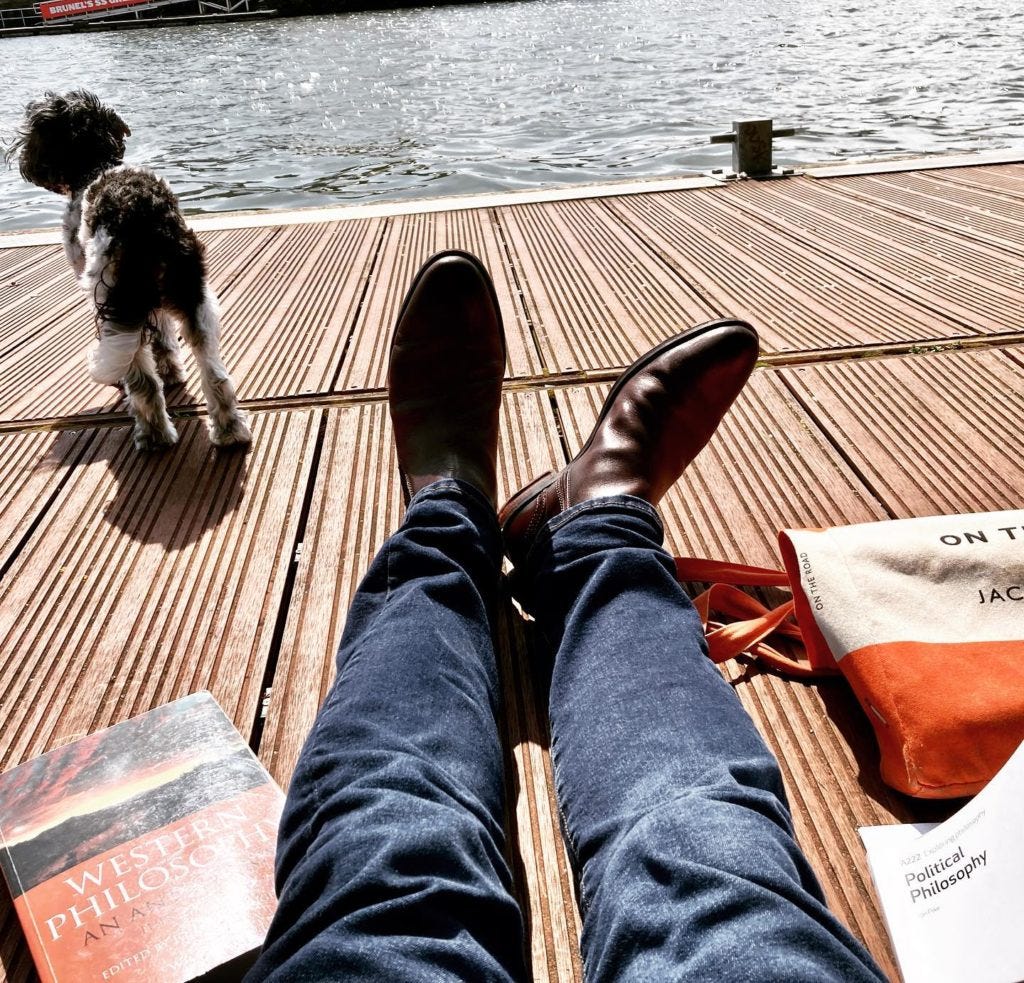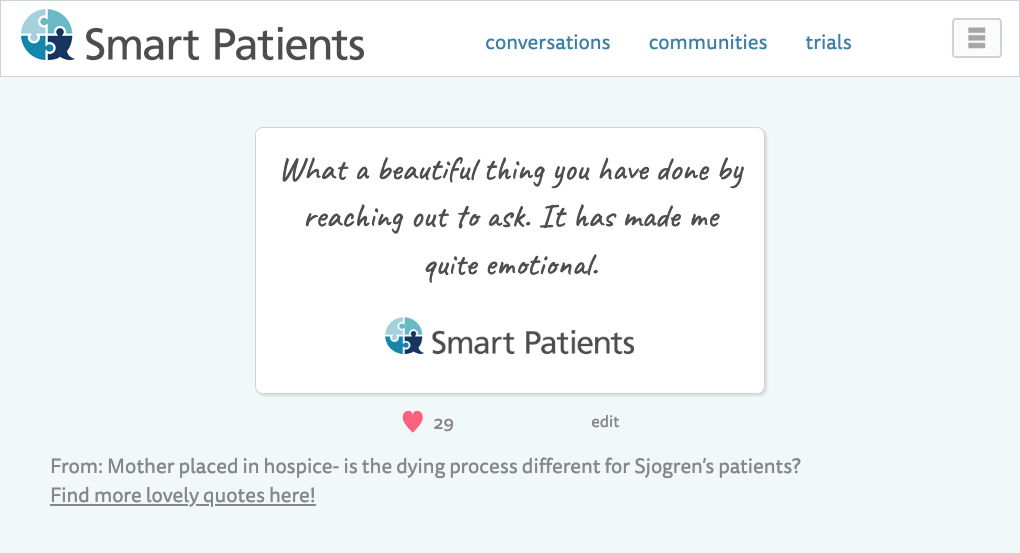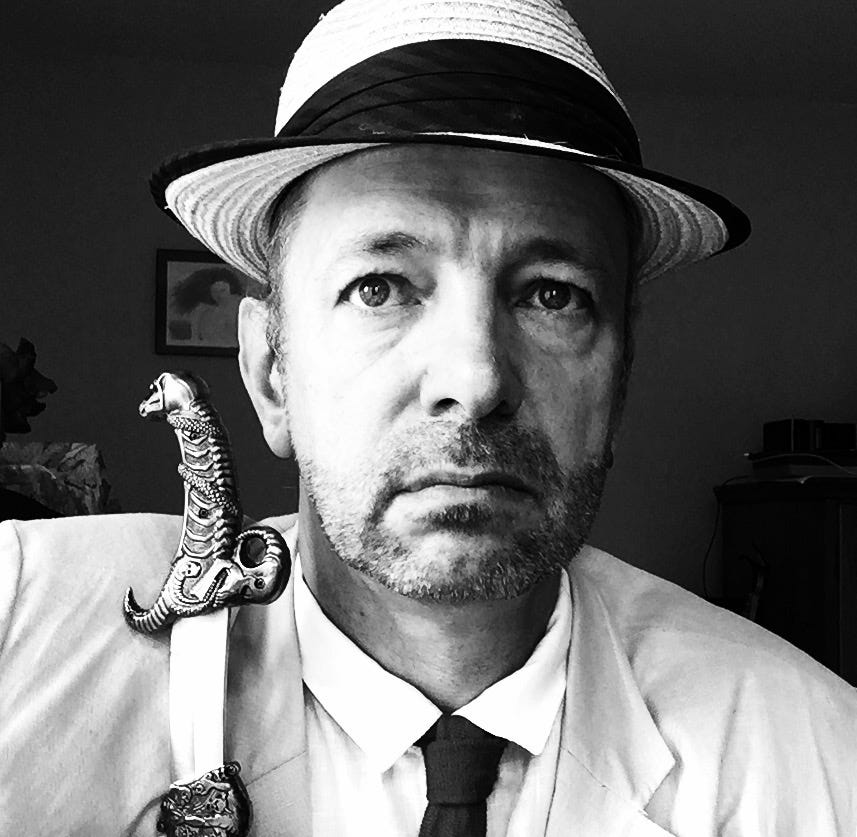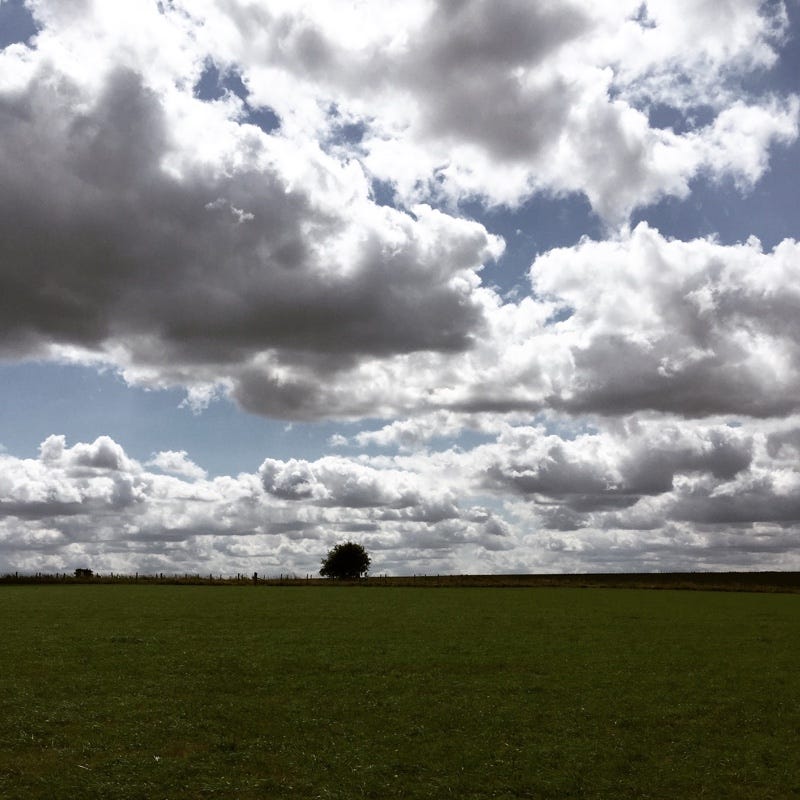Procrastinating authentically
Making choices was never this hard.
I have a particular style of procrastination that kicks in when I need to get something done. It’s especially paralysing when the task is both intellectually challenging and fun. Let’s say I have an essay to write. The deadline is a week away. The prompt is Why did the existentialists believe that it’s important to live authentically?
Writing essays on philosophy might not be your cup of tea, but I enjoy it. Writing about a topic forces me to focus on what I really understand — there’s no faking it like I might in a hand-wavy conversation. ‘How to live authentically?’ is a question that is always on my mind, and in the week before my essay is due, it occupies every waking moment.
I usually end up writing the essay in my head while staring into my beer at the Grain Barge or watching the ducks in the harbour. All that remains is to write it down, but there’s something I need to get done first…
Before I can write my essay, I have something I need to finish for work. I have to generate quotes to be shared on social media. The code is easy but tedious. I’d rather be working on my essay, but I can’t permit myself to work on the fun stuff while there is work stuff to get done.
But my mind drifts back to my essay, and I end up working on neither, and I waste my time doom-scrolling on Twitter instead. Maybe tomorrow will be better. That deadline is getting closer.
I really need that deadline.
As with essays, so with life.
John Lennon said that ‘Life is what happens while you are busy making other plans’. I bet we all have challenging and fun ideas that we’ll get to just as soon as we fulfil our other obligations. Sartre had something to say about this.
Jean-Paul Sartre (1905-1980) defined existentialism as a philosophy of freedom. The name itself comes from Sartre’s observation that, for everyday objects, the essence of an object—its nature or purpose—is conceived by its designer. For example, consider a knife.
The essence of a knife is that it is sharp and used to cut things. The knifemaker has the nature and purpose in mind before he creates it: the essence of the knife precedes the knife’s existence.
Earlier philosophers such as Descartes and Leibniz believed that God gave humans our meaning and purpose. But Sartre said that since there is no God, we are forced to find our own meaning. For Sartre, ‘existence precedes essence’, and existentialism guides our quest to find meaning in our lives, and we alone are responsible for the choices we make, starting with our search for meaning.
The responsibility to choose often collides with the obligations imposed by society or by family expectations, but Sartre said we must choose nonetheless. If we allow others to tell us how to live, we are acting in bad faith. To live authentically, we must make our own choices, even when society might disapprove.
To illustrate, consider a young man who grows up in a mining village where everyone is expected to become a miner. Our young man dreams of becoming a writer, but his father and grandfather before him were miners, and his parents expect him to contribute a miner’s wage to the household. But to live authentically, he must decide whether to obey his family’s wishes or to follow his dreams. To deny that he has a choice would be living in bad faith.
Sartre took a hard-line view of our responsibility to choose, but this view was contested by other philosophers.
Simone de Beauvoir (1908-1986) agreed that the burden of freedom is heavy, and it’s tempting to ‘flee freedom’ by denying the possibility of choice. For Beauvoir, though, women and girls are especially prone to accept convention, and they avoid the burden of freedom by denying it. Many women feel unable to make the difficult choices that would enable them to live authentically.
Even so, men and women alike face the ‘anguish and stress of authentically assumed existence’ and must choose how to live their own lives. To live authentically is to accept responsibility for one’s choices and for finding one’s own purpose in life, but the stress of choosing leads to anguish. For many of us, it is easier to deny this responsibility than to face the anguish of choosing.
While I agree with Beauvoir that we are often constrained by family or career obligations, I’d suggest there are usually more choices available to those who dare to look for them. In my own life, I have made many unconventional choices: I left home at 16; I’ve lived and worked in several countries; and I’ve changed careers twice when it would have been more comfortable to stick with the status quo.
But as I get older and accumulate responsibilities, it becomes harder to ‘up sticks’ to follow a dream. The mere act of contemplating a more exciting option leads to a feeling of ennui—or Beauvoir’s anguish—as I consider what I might lose if I leave this life behind.
But contemplate it I must, all the same.
Sartre said that to live an authentic life, we are condemned to choose. I agree enthusiastically.
There may be extreme situations where no choice is available, but there’s usually a choice if we look hard enough. To live the best life possible, we must ask ourselves which option we would take if we were free to choose. The obstacles may be formidable, but they are surmountable if we are determined.
As with essays, so with life.
The sands of time are running out, and if I am going to make choices, I need to make them while there is still sand in the top of the glass. Just as the obligation to work on my day job prevents me from starting the essay I want to write, the obligations of everyday life prevent me from pursuing my next adventure, and I end up doom-scrolling instead. Unlike with my essay, my deadline has been postponed for now.
Making choices was never this hard before. Maybe tomorrow will be better.
Gonna see the river man
Gonna tell him all I can
About the ban
On feeling free
— Nick Drake








Ah so that’s Sartre’s existentialism — there is no god so we must make our own meaning. Thus we can either do so authentically by actively choosing, or let the circumstances dictate what we do even if we want something different. In the second case we’re berated as living in “bad faith”.
I seem to go deeper than he did, and in a way that doesn’t ultimately berate anyone but rather attempts to enlighten us about our nature. As I see it meaning or purpose resides as our desire to feel good rather than bad. Apparently evolution implemented this mechanism because under more open circumstances, standard algorithms alone were too cumbersome. So it used this teleological form of function (the desire to feel good rather than bad) as a simplifying mechanism. I’m not exactly referring to utilitarianism because this is not about the supposed rightness to wrongness of behavior (morality), but rather about the goodness to badness of existing (value). Furthermore it seems to me that the evolved social tool of morality has prevented our mental and behavioral sciences in general from formally acknowledging such meaning or purpose, thus mandating their general failure. I’d like to help expose this problem so that these primitive fields might halt their failure, but then I also procrastinate…
Well, I am glad you chose to write and post this essay, and I'm glad I chose to read it rather than doomscrolling--which I too have been using to procrastinate on doing things I would like to do (also writing an essay!) and things I have to do for work.
A gripe I have with both Sartre and de Beauvoir is their implication that the authentic choice is the one that centers me as an individual, rather than a choice that places me as one person in a broader community of family and friends. So for instance, it's authentic for the miner's son to set off to be a writer but inauthentic for him to choose to stay in the village, marry a local girl, and mine; it's authentic for Simone to choose to be in an open relationship with Jean-Paul, but the girl who marries and has children with the miner from her village must be denying the responsibility of freedom rather than having made her own authentic choice. But humans are social animals, and so my choice to live just for me is as constrained as my choice to live underwater. I can pretend otherwise, but that will be just as effective as trying to will myself into growing gills.
But no matter how constrained our choices actually are by our biological reality, I think one choice we always have is how to respond to those constraints. And I know I've said this before, but I'll say it again: One of the reasons I like you so much, Ragged Clown, is that you choose to respond to the constraints on your choices by reading philosophy and writing essays. And also doomscrolling--but you and I can both work on that.